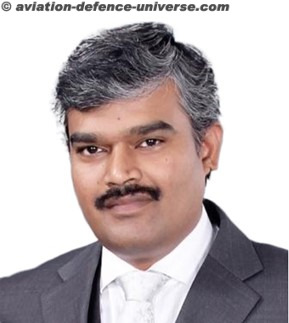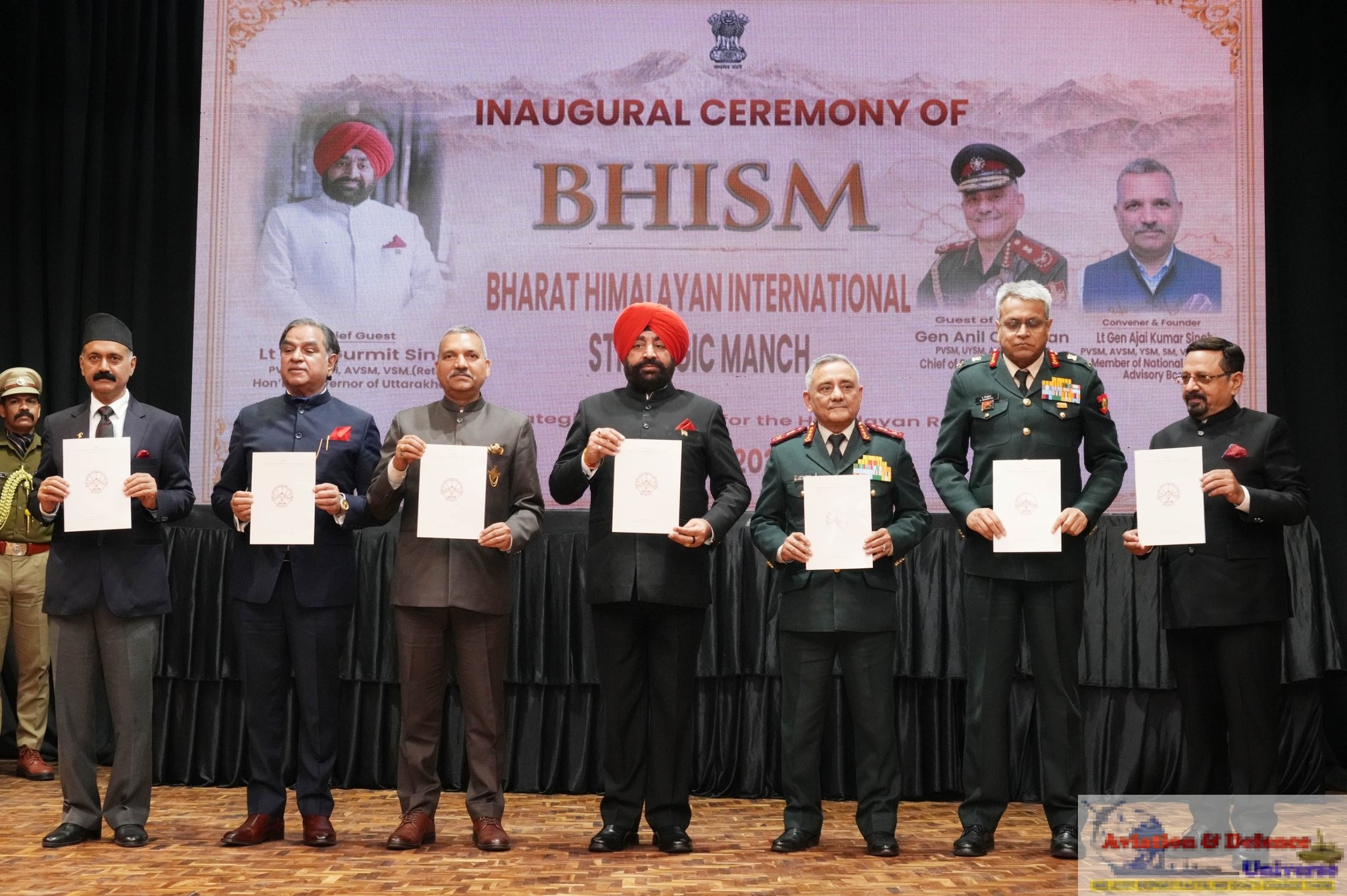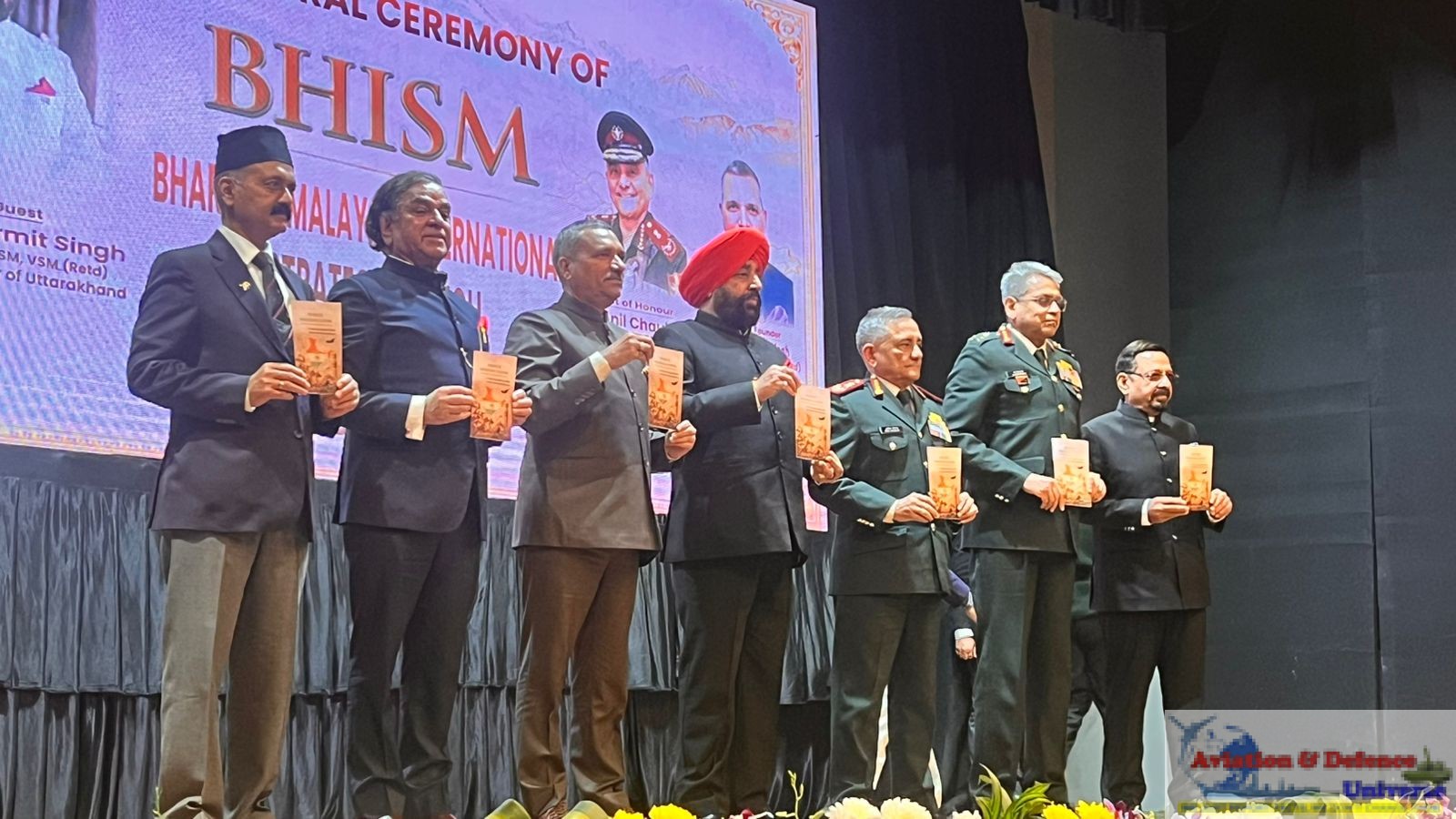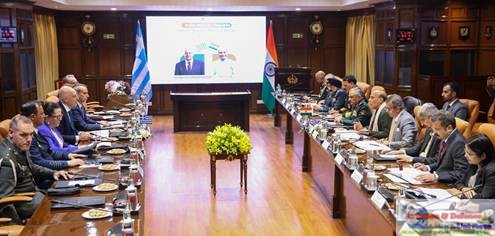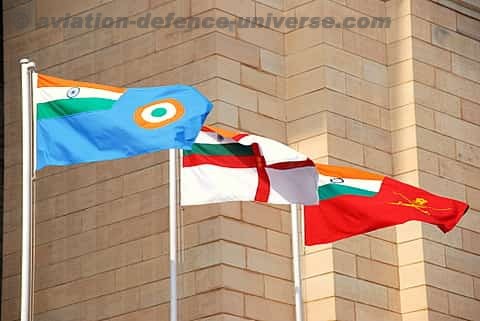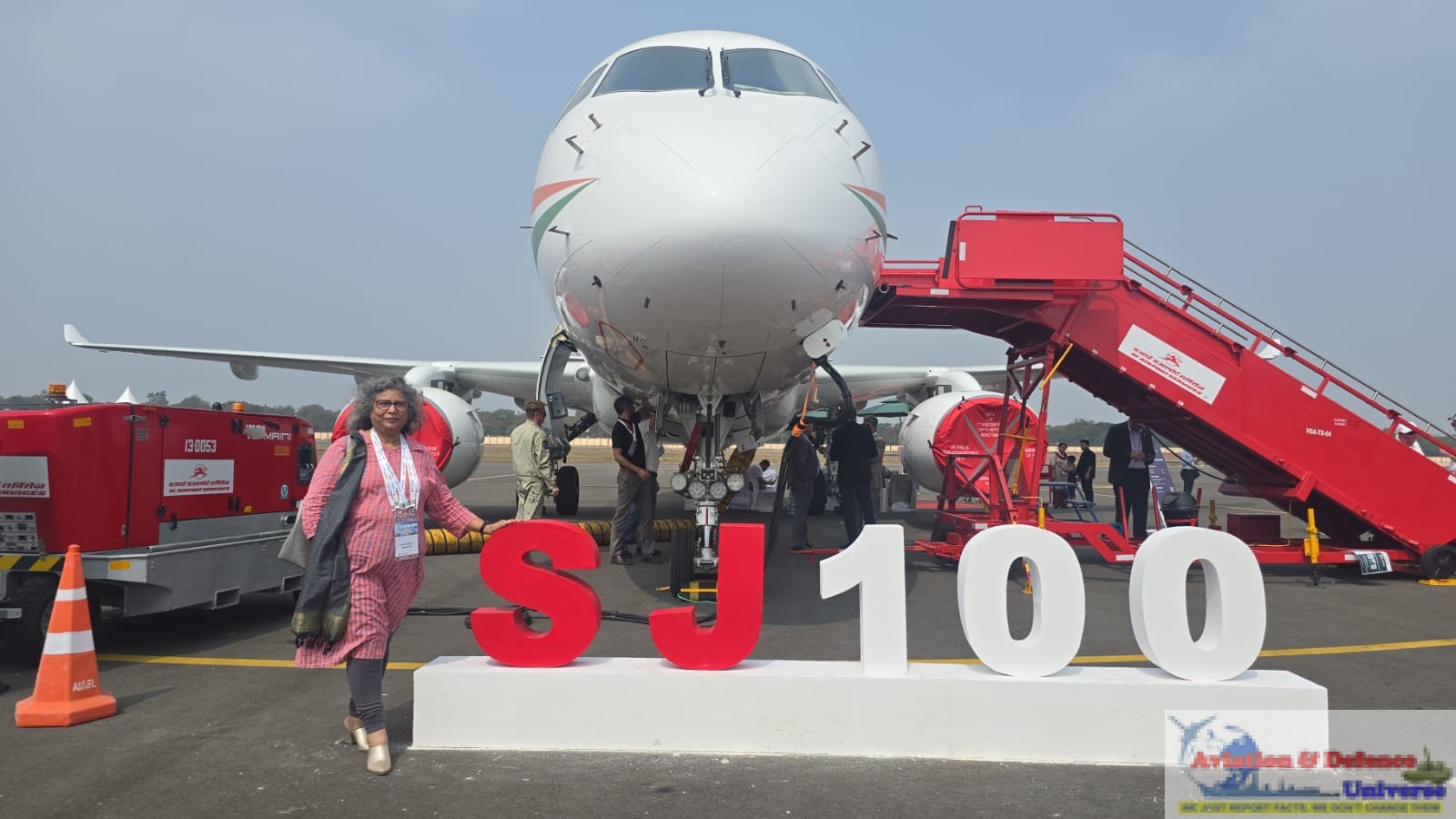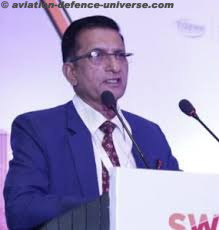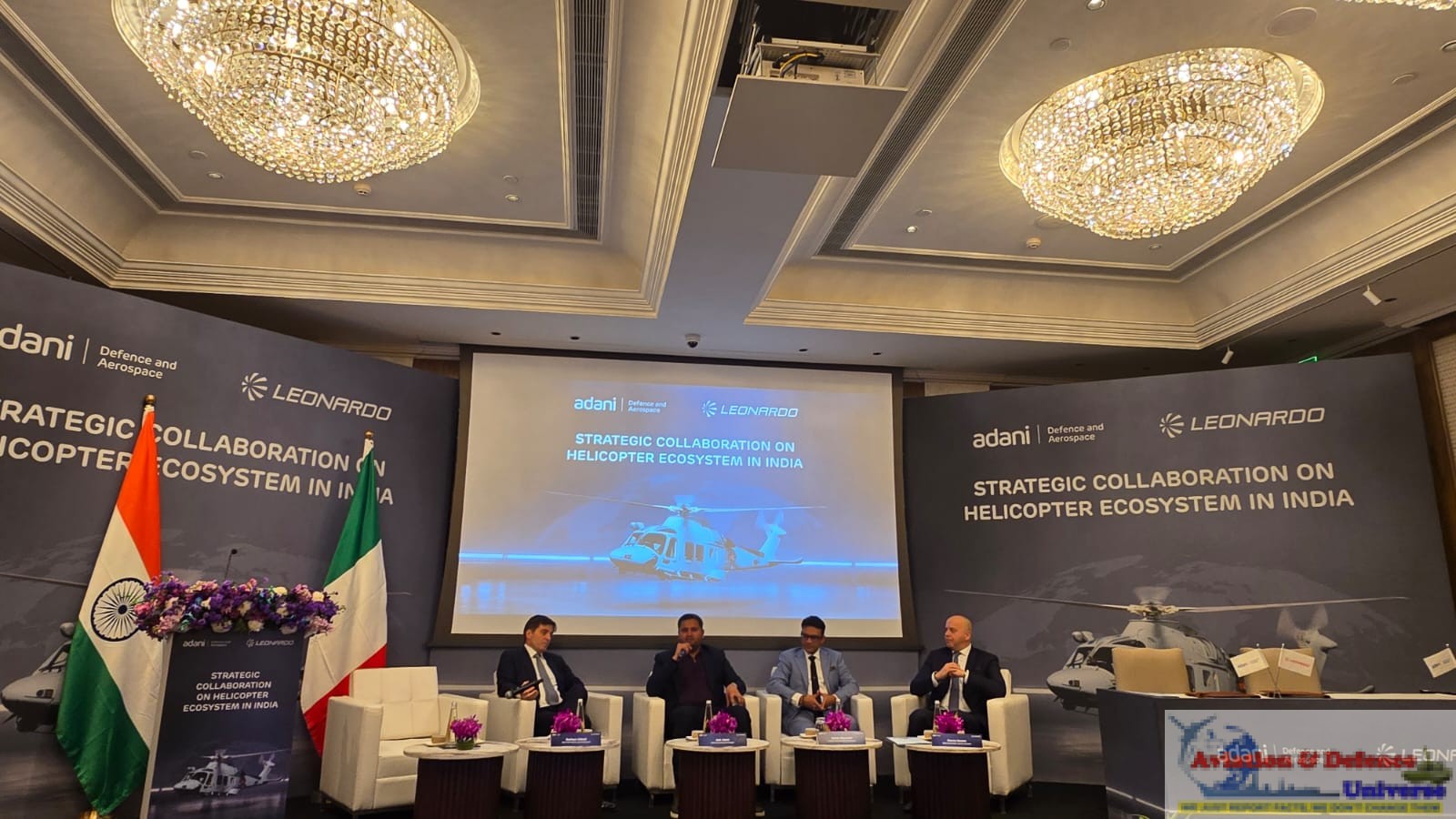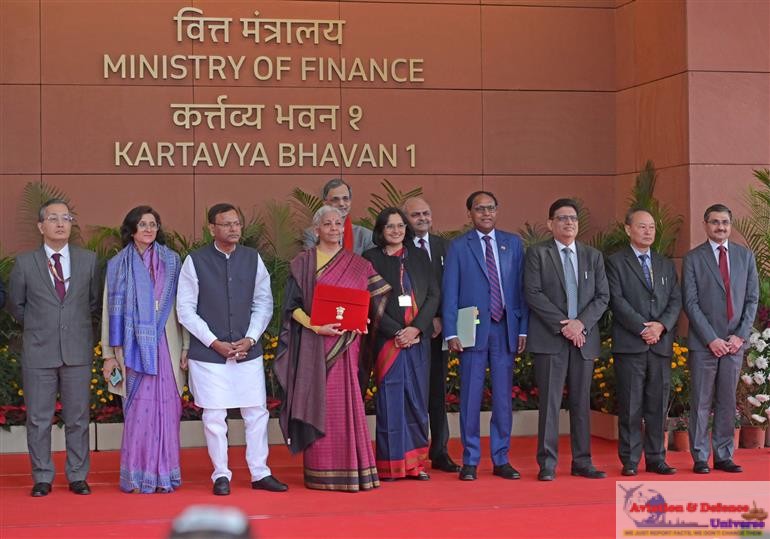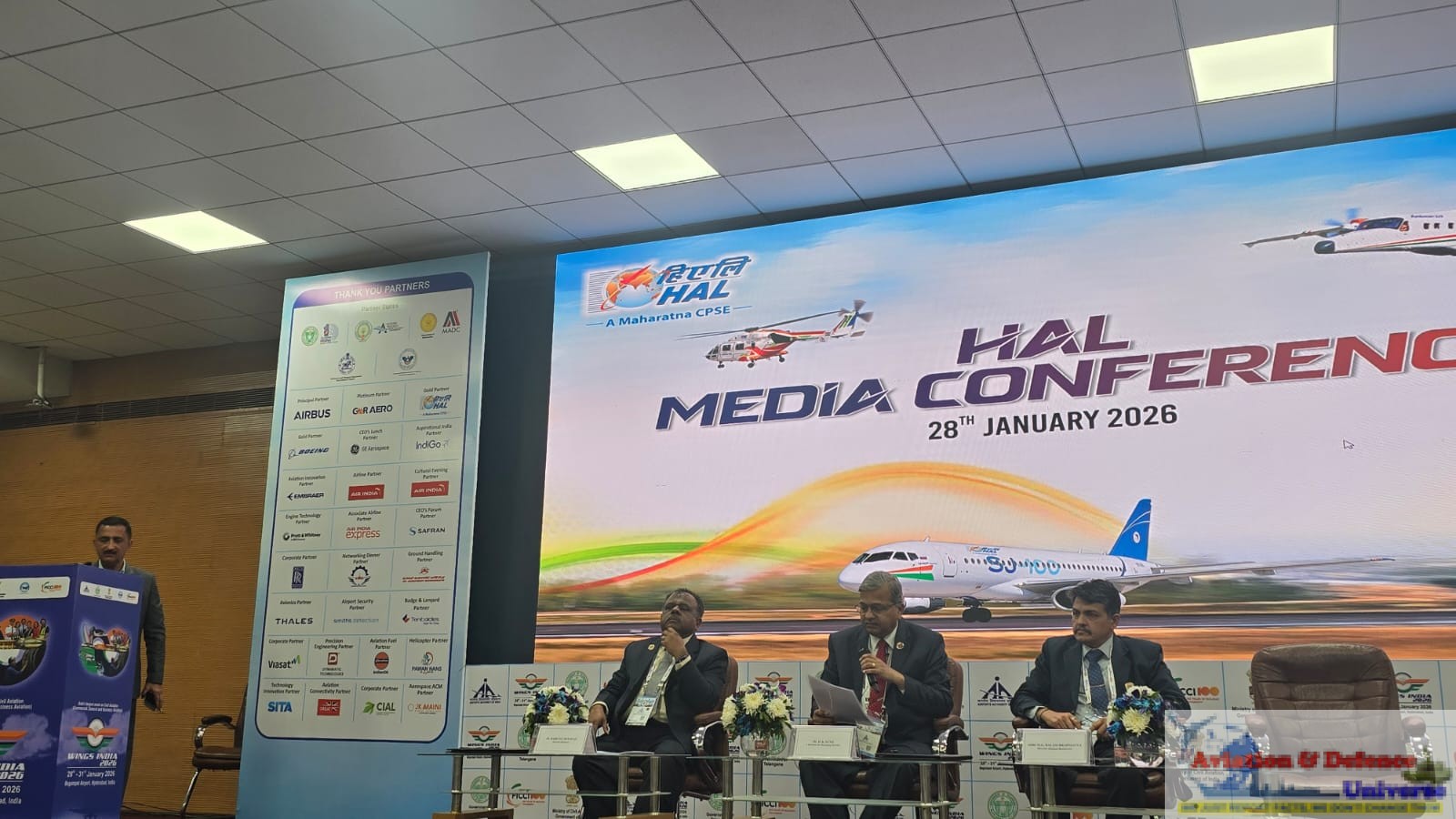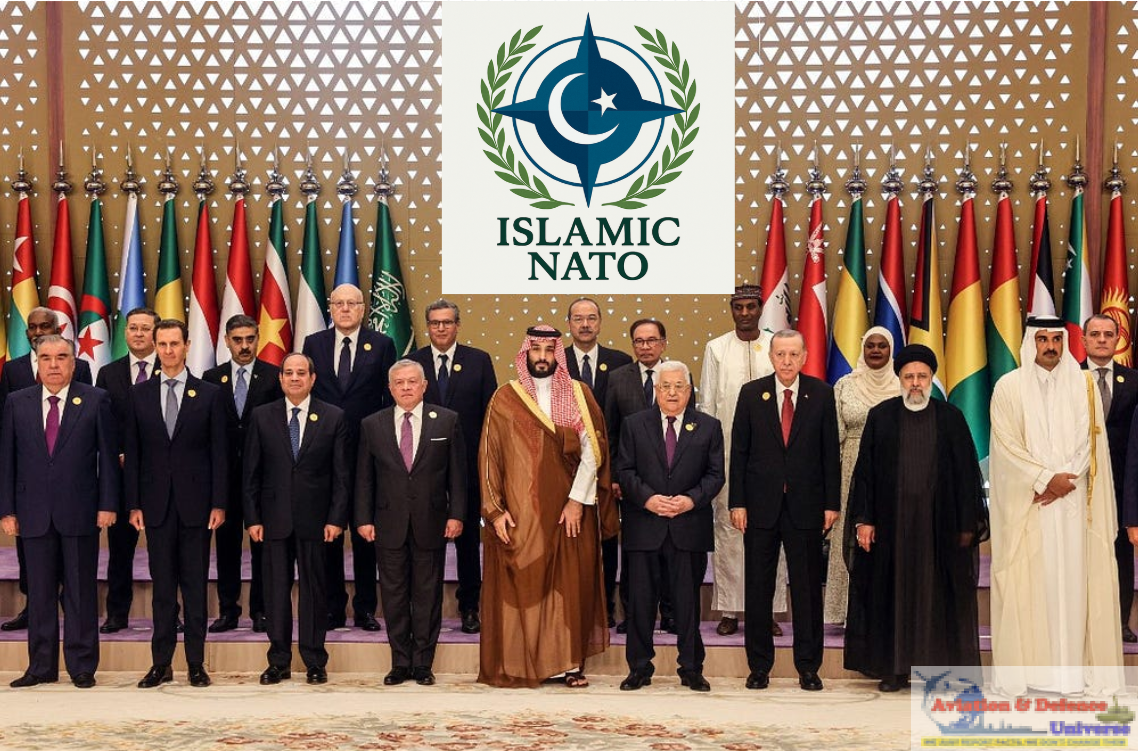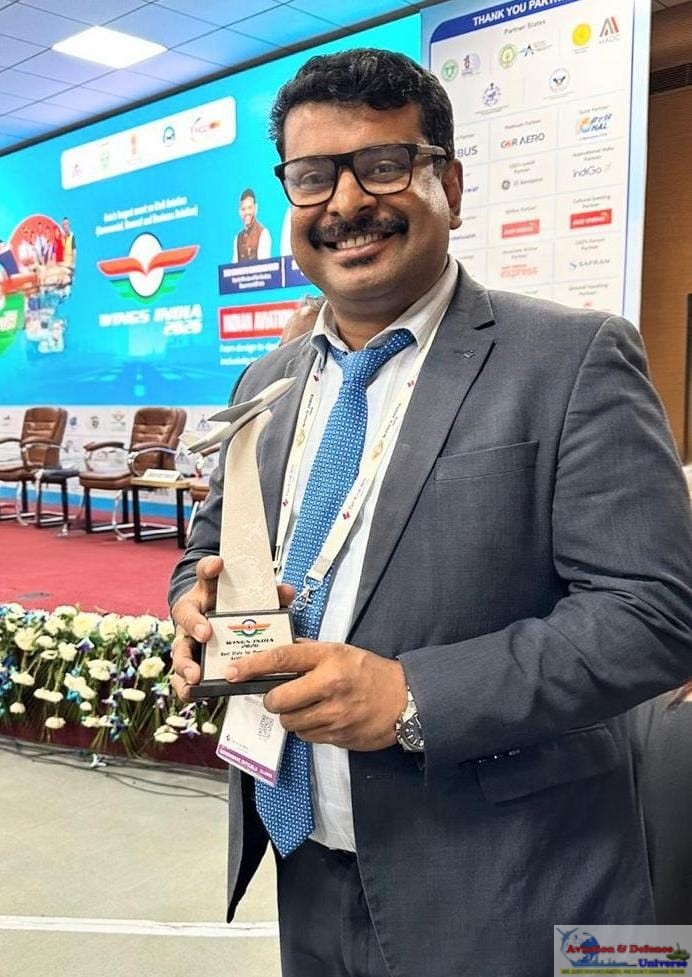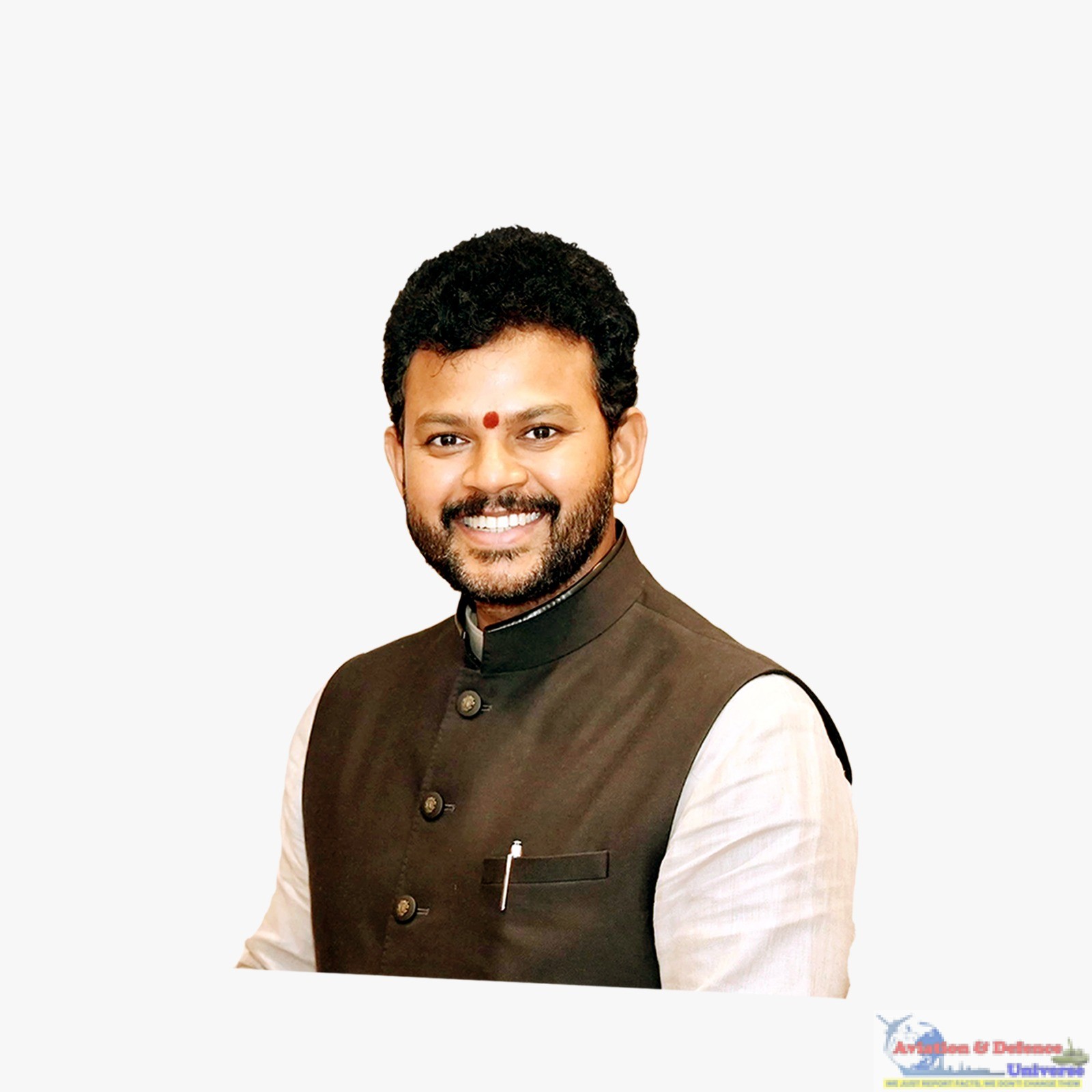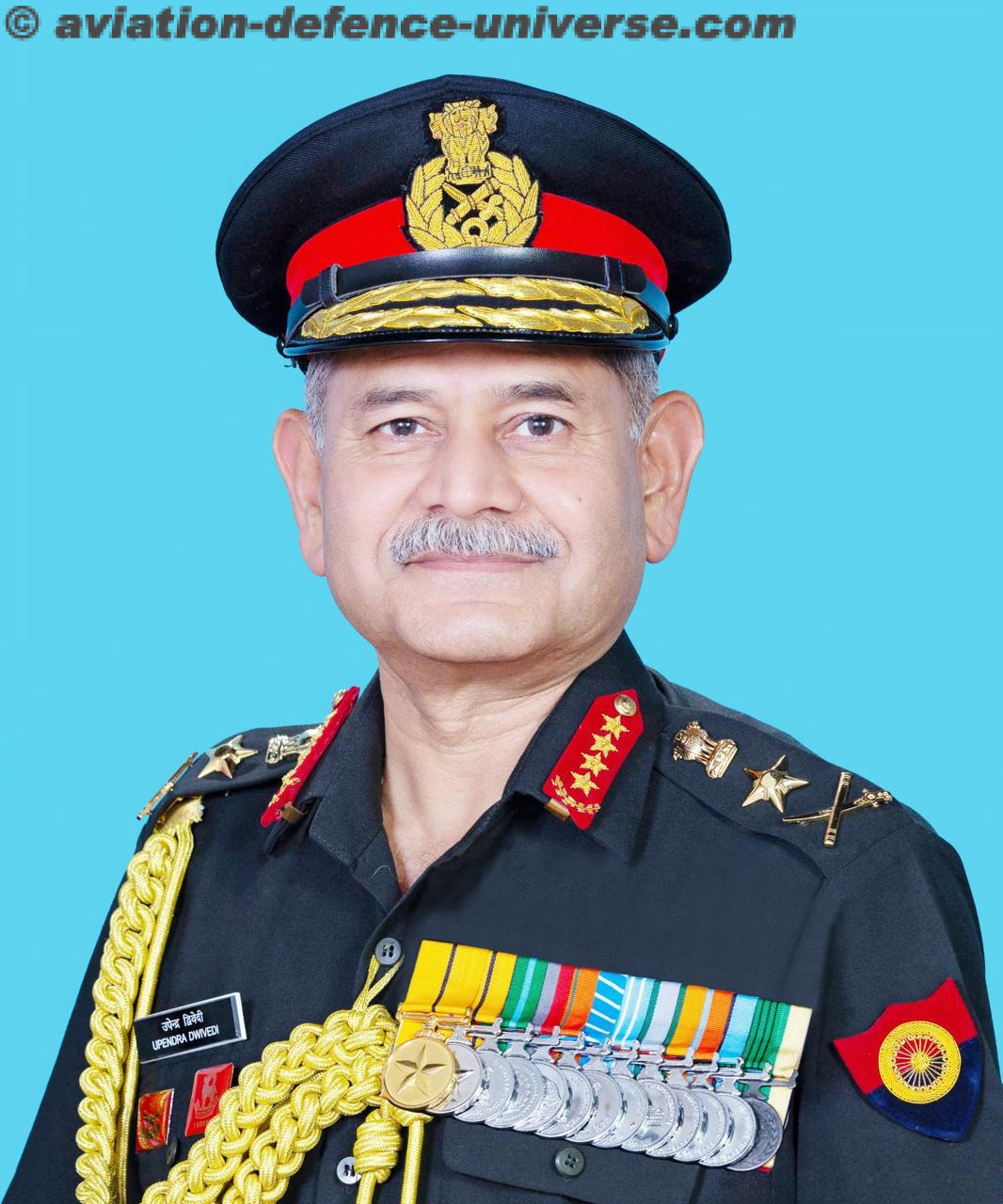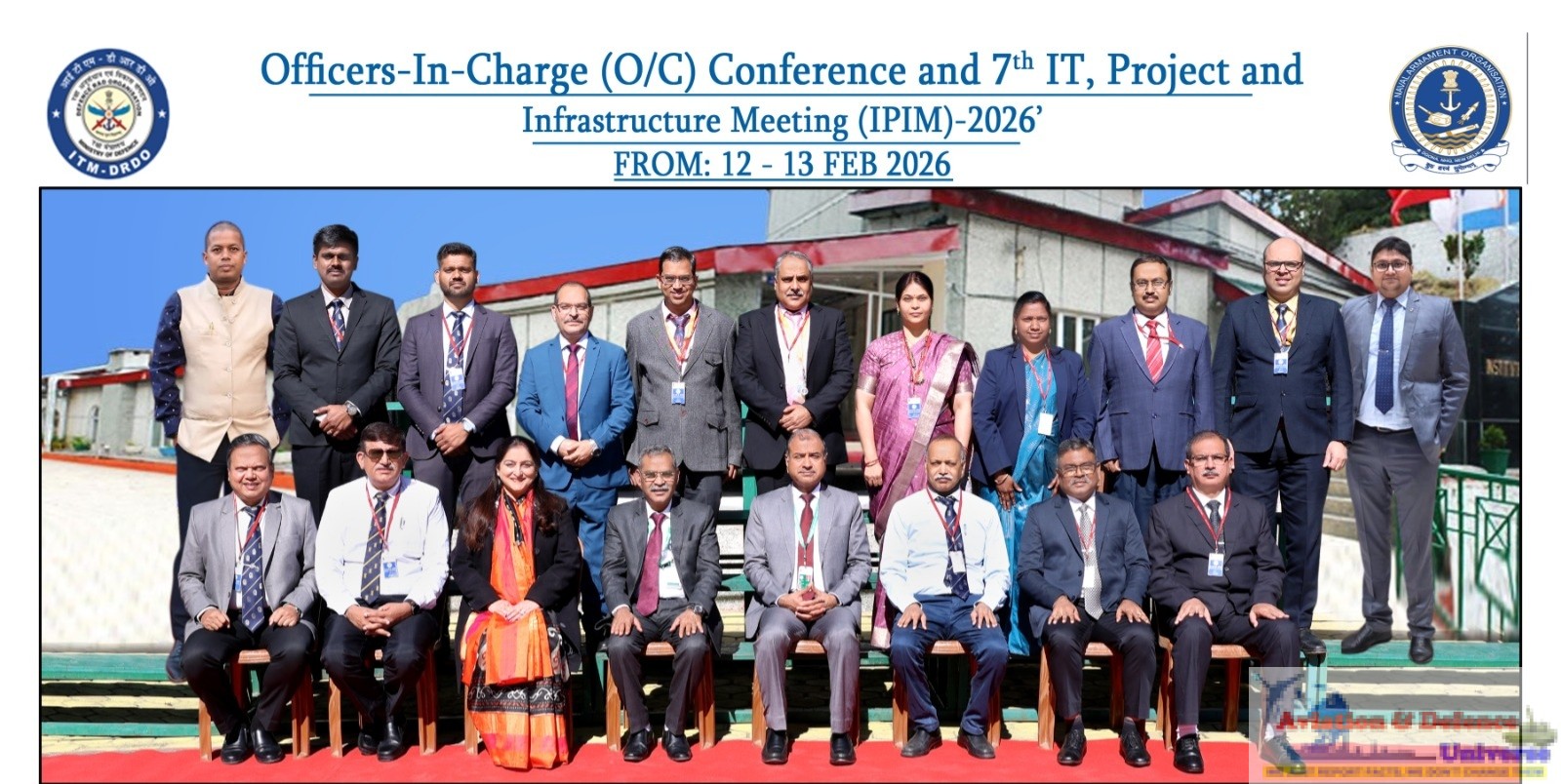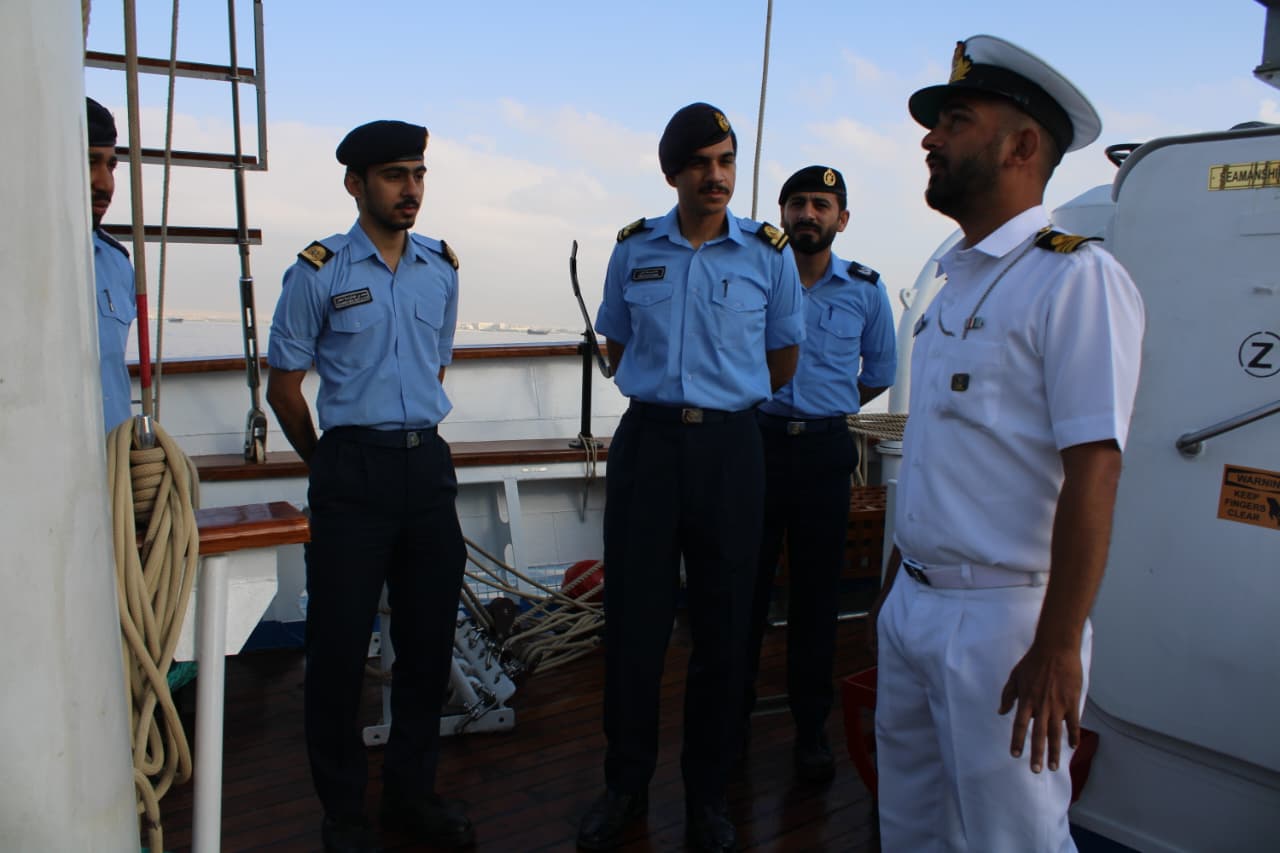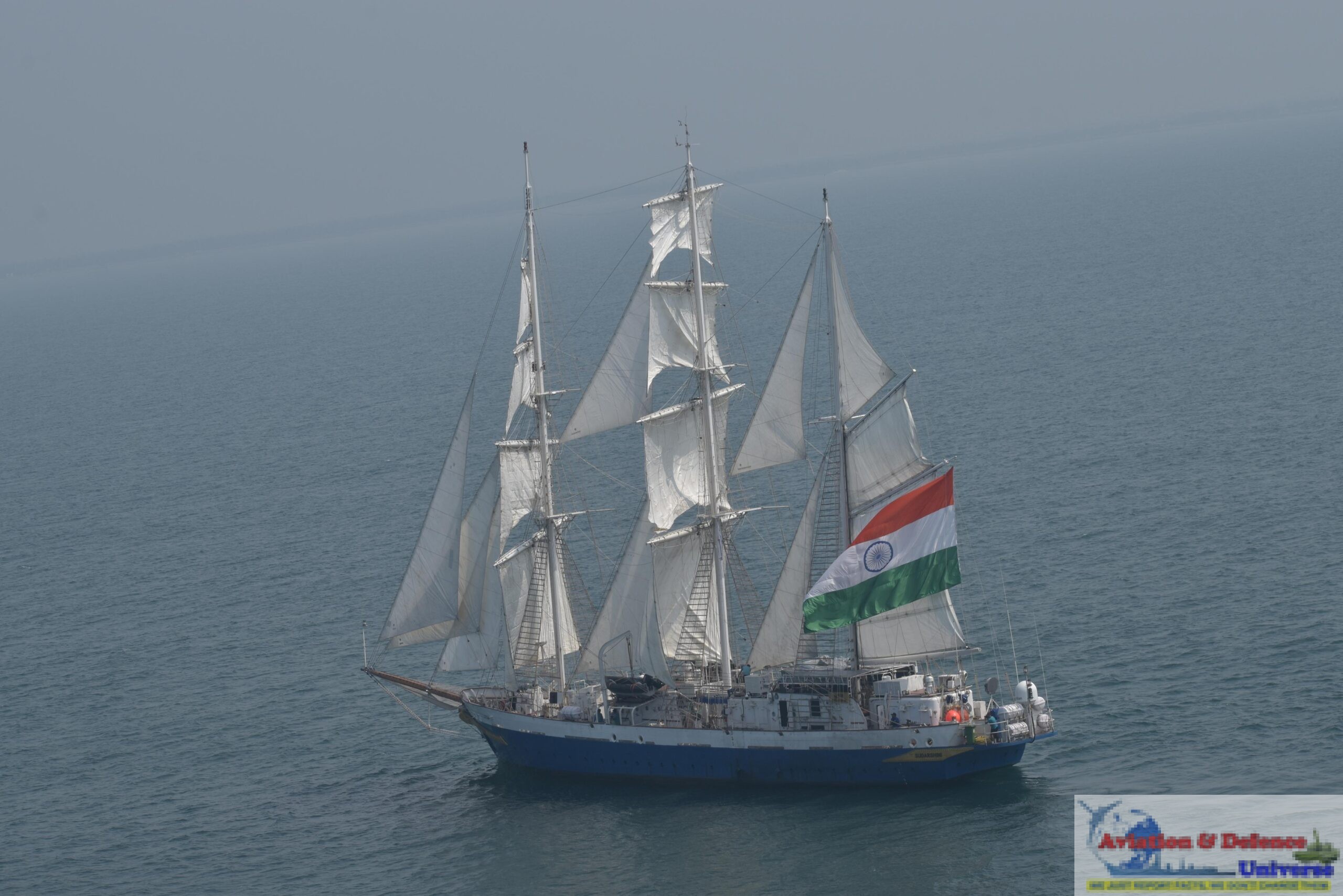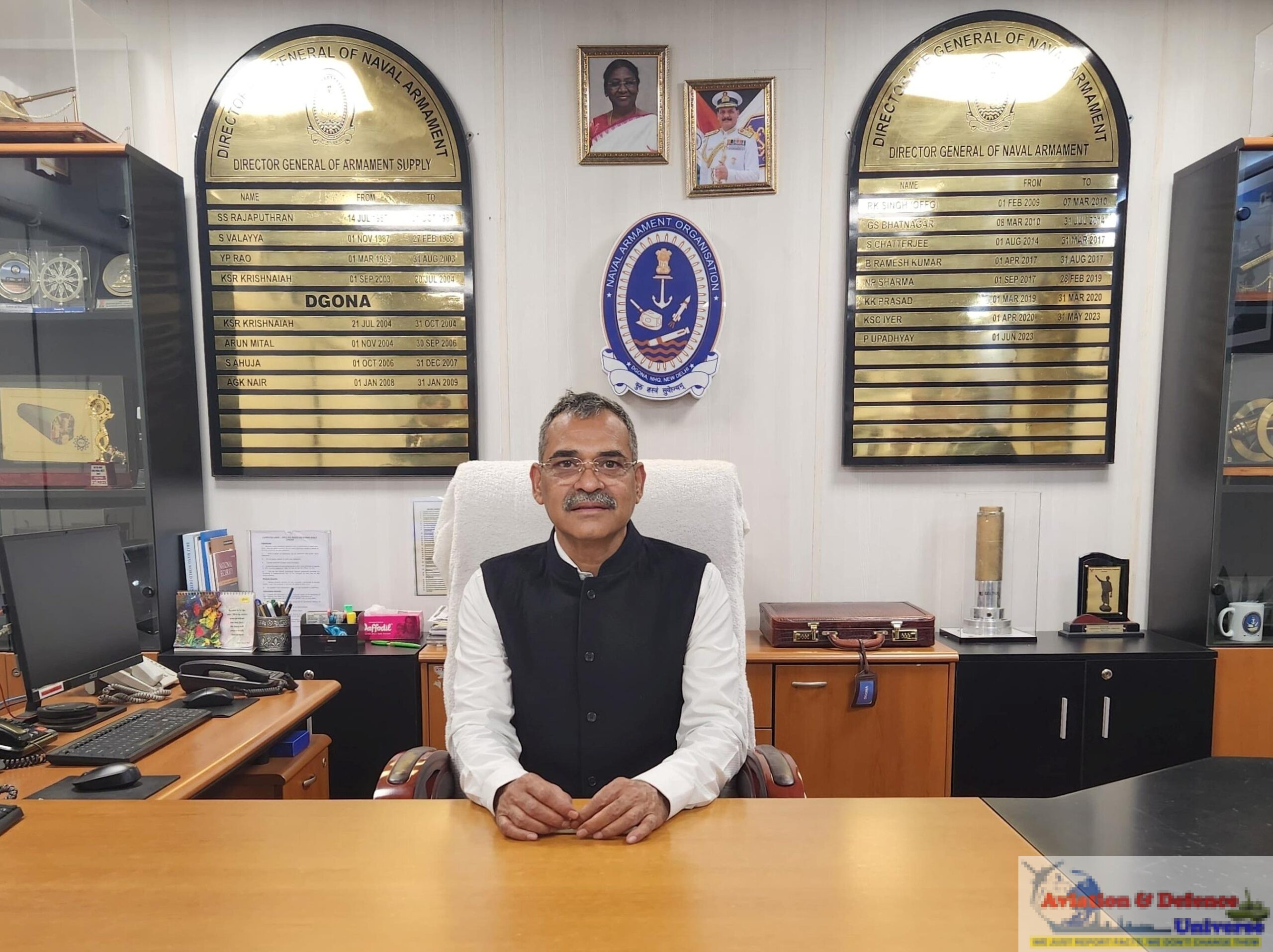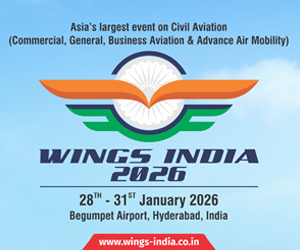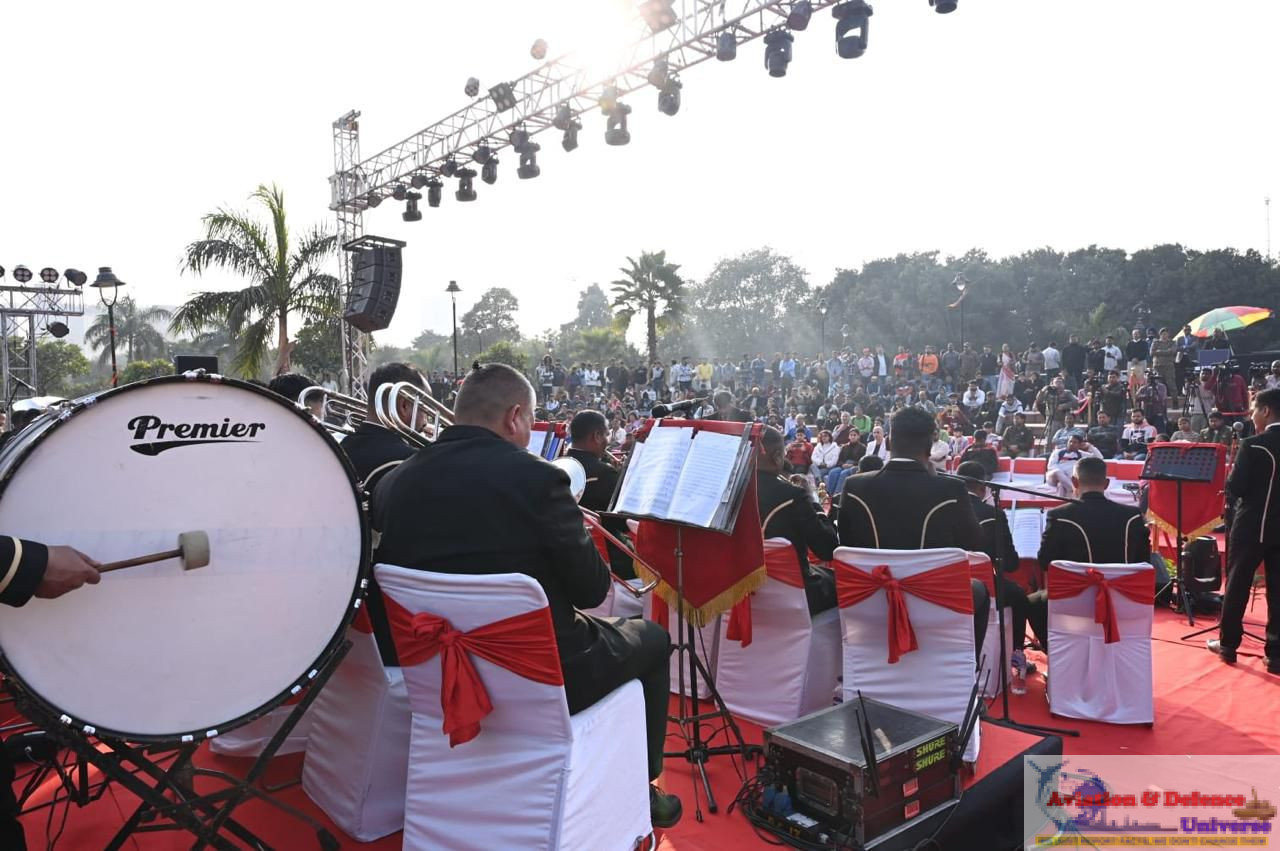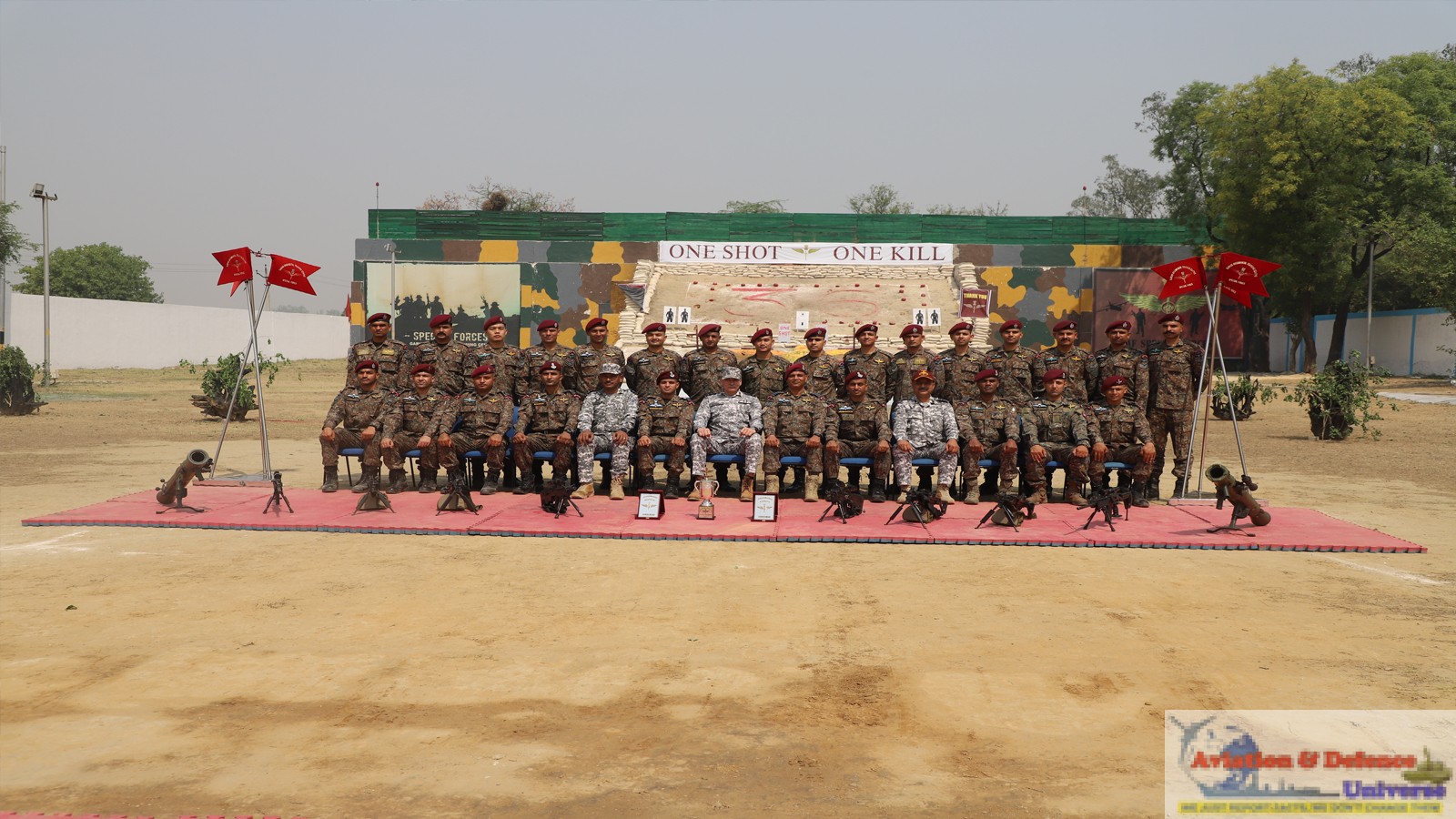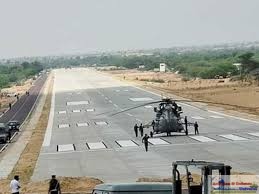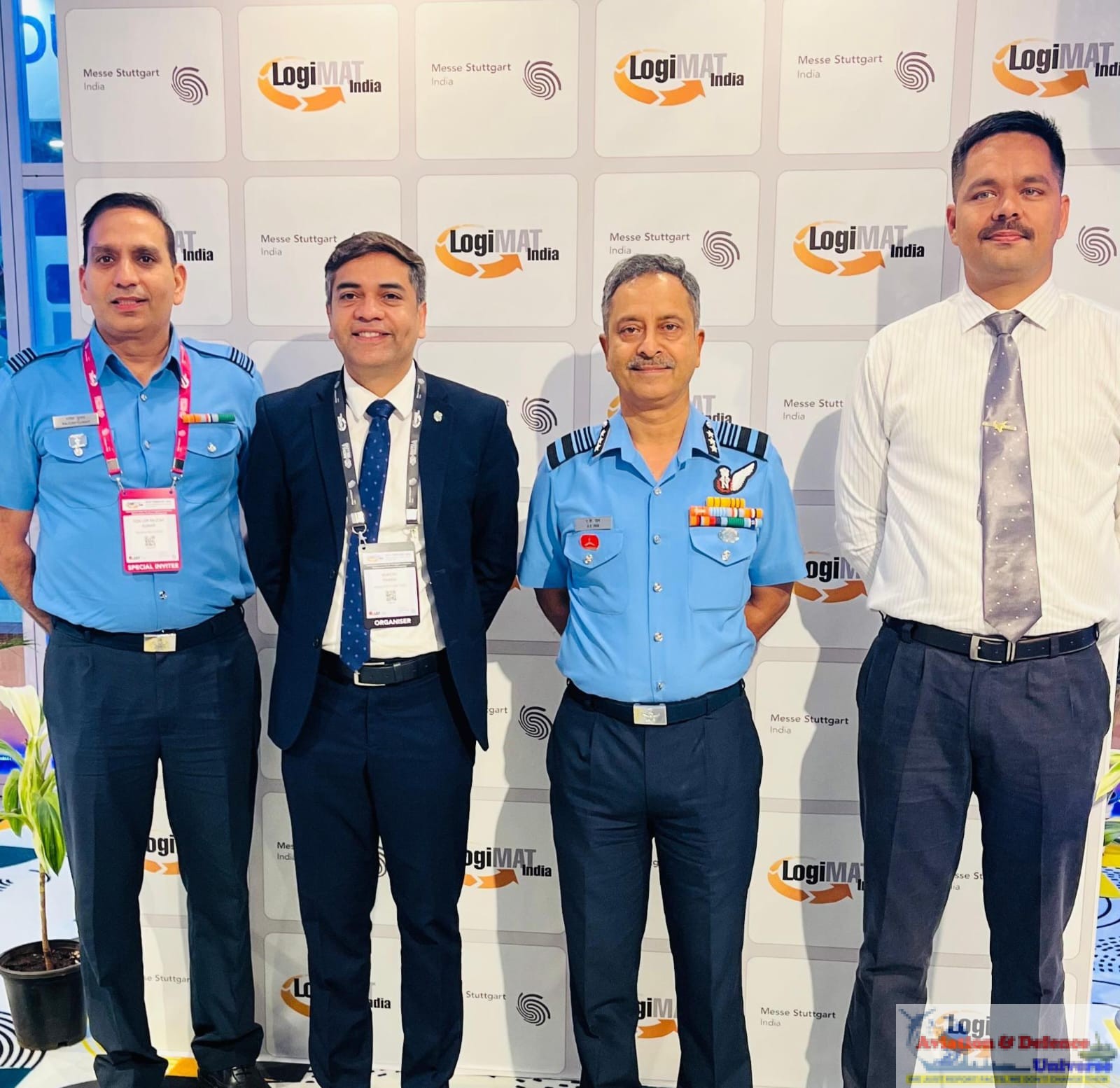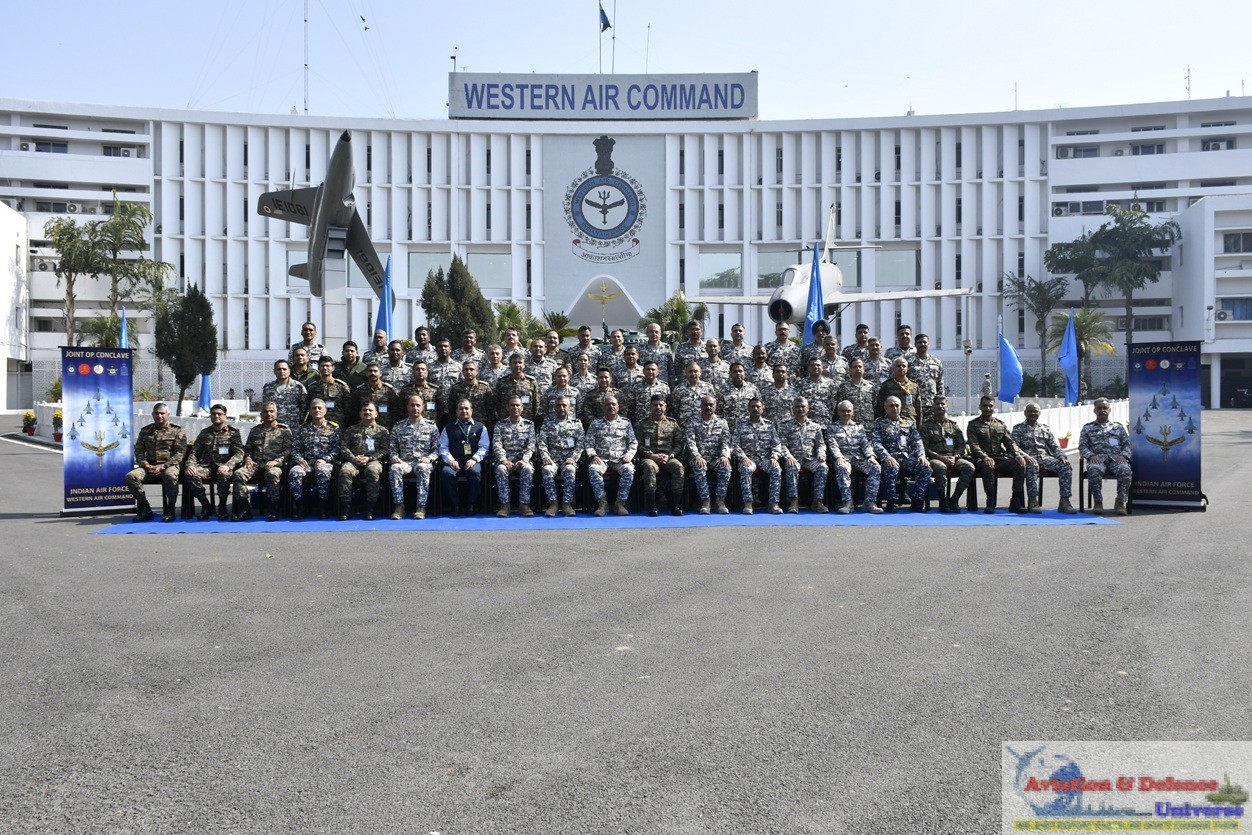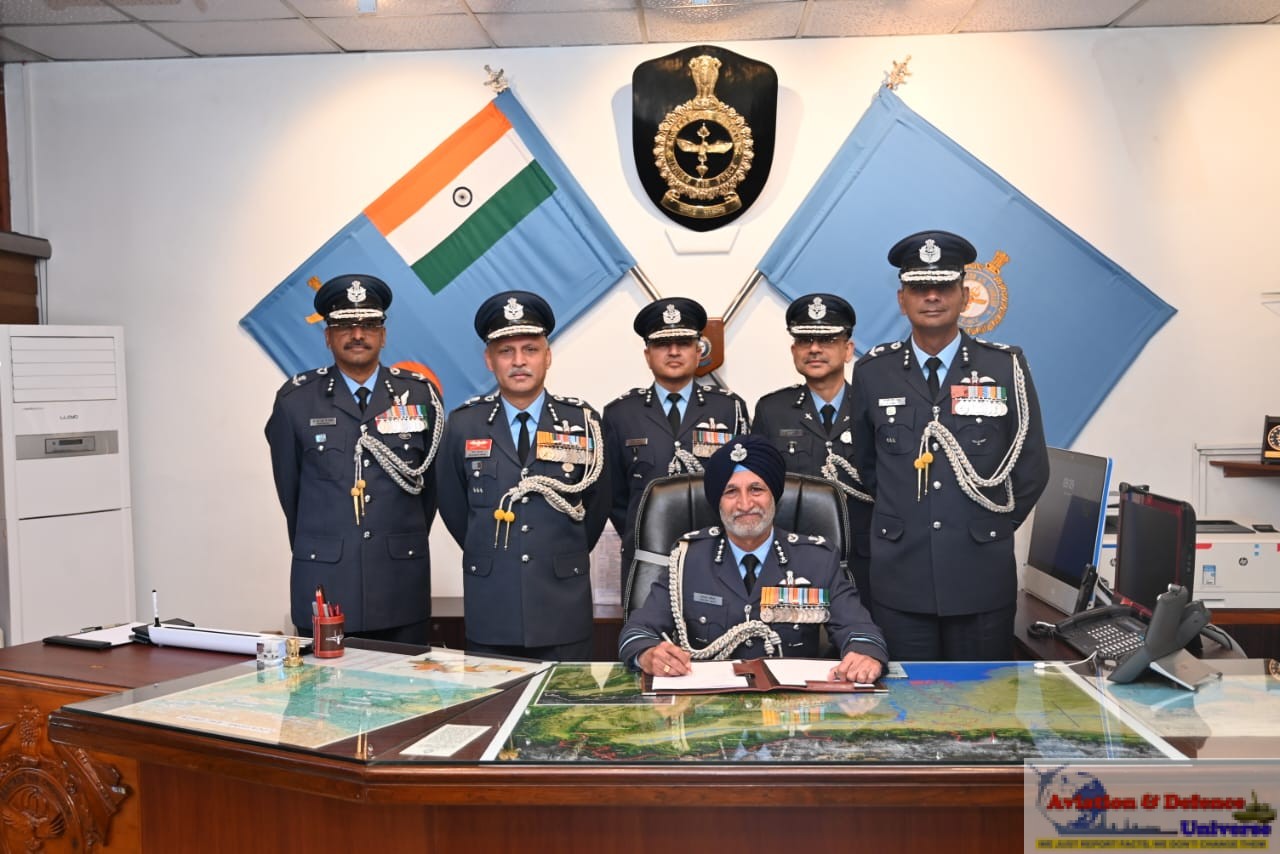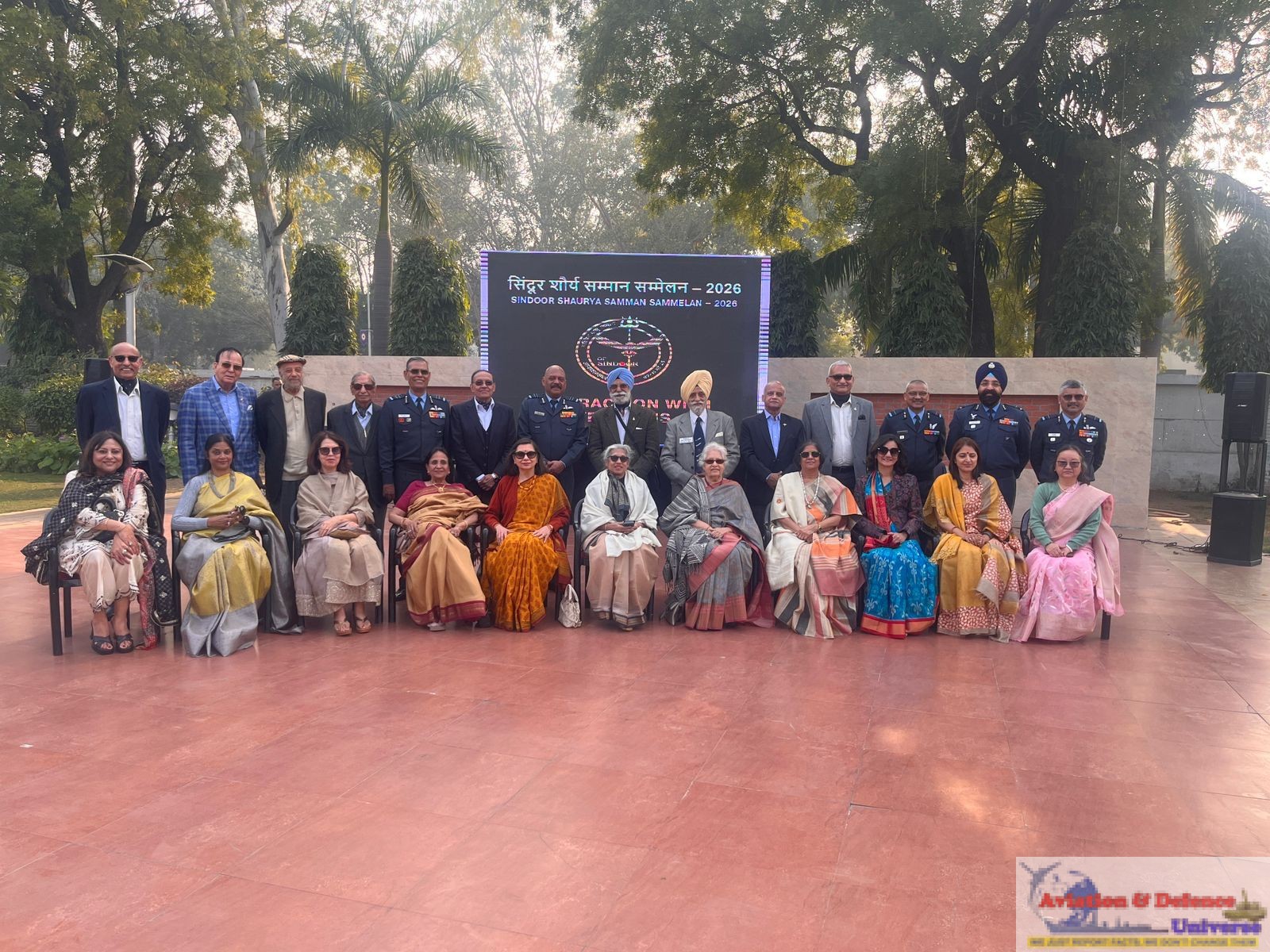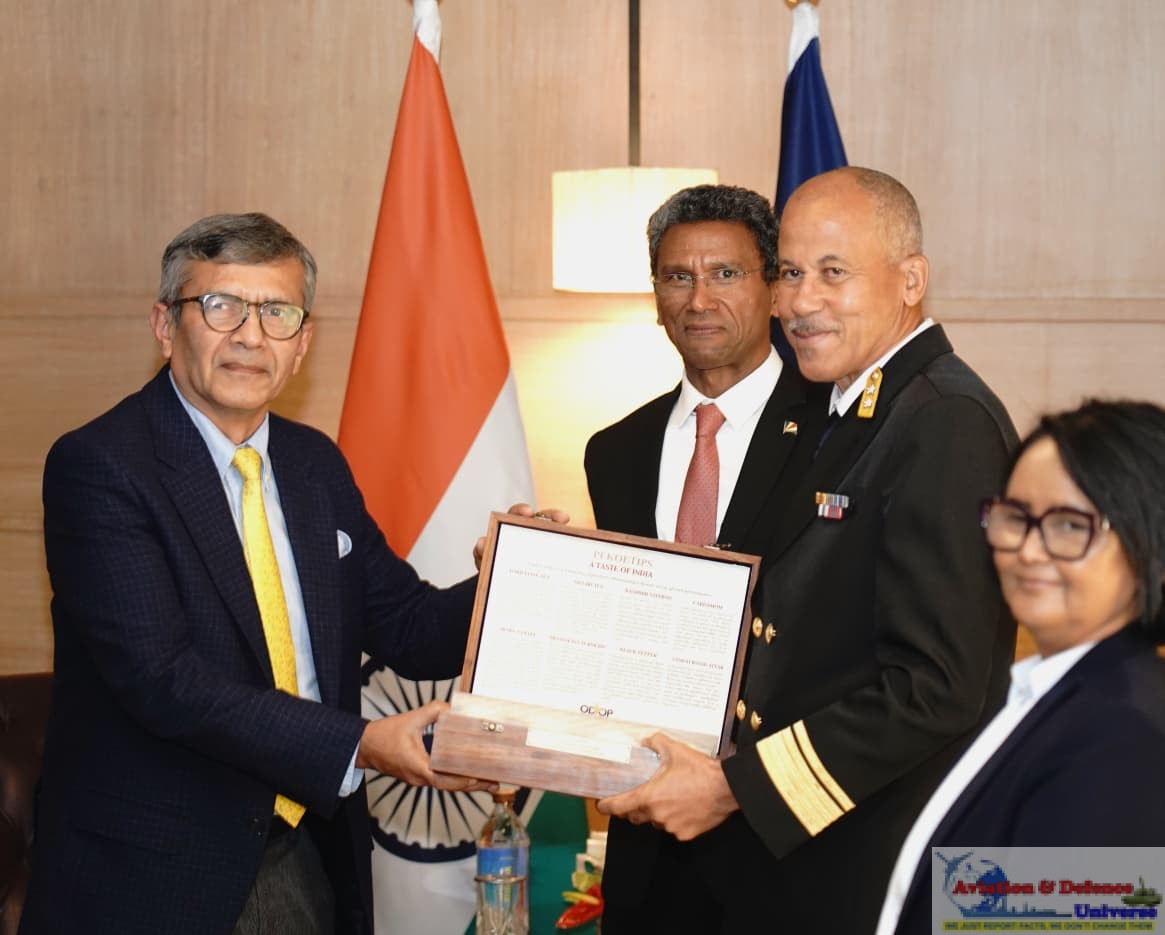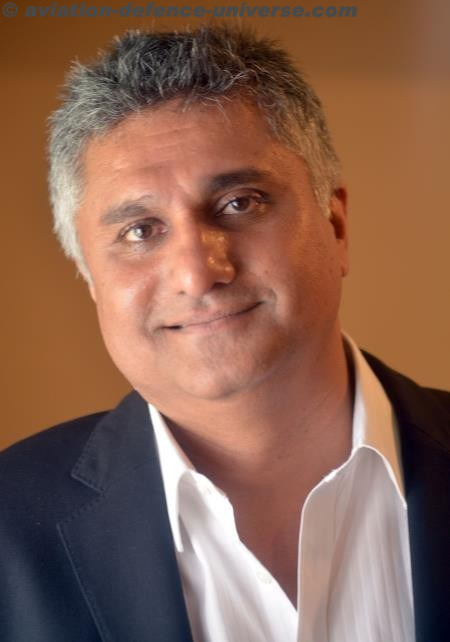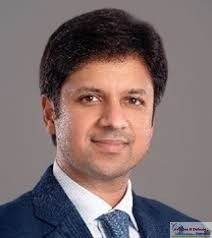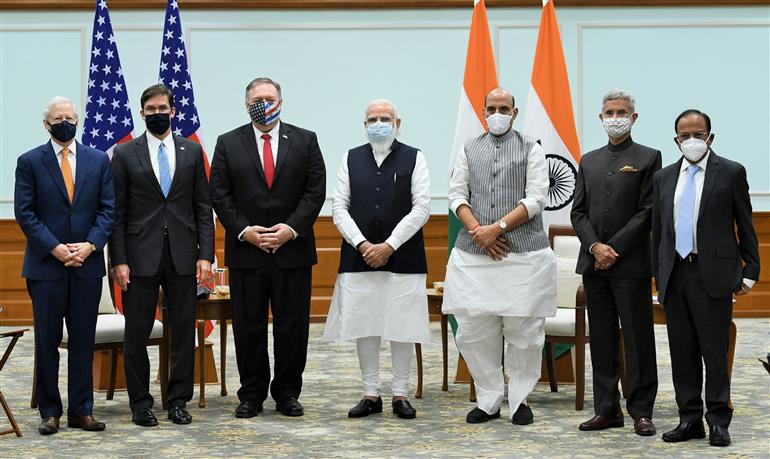
By Jai Kumar Verma
New Delhi. 01 November 2020. Mike Pompeo the U.S. Secretary of State made a whirlwind tour of five nations just a week before the presidential elections where former Vice President Joe Biden is giving a tough fight. The voting would be held on November 3. Pompeo and US Defence Secretary Mark Esper made a 2+2 dialogue on October 26 and 27 with their counterparts in New Delhi and after that Pompeo visited Sri Lanka on October 27, Maldives 28, Indonesia on 29 and Vietnam on October 29 & 30 which was a last-minute addition in his itinerary. Pompeo through his boisterous tour gave a stern message that free nations want to work together so that the expansionist threat of China can be impeded.
It was the third two-plus-two ministerial dialogue which emphasised on defence information sharing, defence trade, enhancement in the interaction between the defence forces of both the countries and an overall cooperation pertaining to regional security.
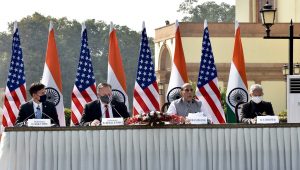
In 2+2 dialogue between Defence Minister Rajnath Singh and Minister of External Affairs S Jaishankar and Pompeo and Esper signed Indo-US Basic Exchange and Cooperation Agreement (BECA). BECA would permit both countries to access geospatial data including classified data which will include maps, charts as well as imageries. It will also help India’s long-range missiles and drones to hit the targets with precision.
Now India can also use the data provided by navigation satellite of US which provides extremely accurate data. It is very important as our strategic planners will have information about the preparations our adversaries including China and Pakistan are making against India. It will help Delhi to manage not only Indo-China border but also Indo-Pakistan border from where Inter Services Intelligence (ISI) infiltrates terrorists. US signs BECA with selected countries with which they have close defence relations. Now India becomes the “major defence partner” of USA. Besides BECA other agreements on different fields including Covid-19, counterterrorism and earth sciences were also inked.
On one hand signing of BECA gave a blunt message to China as well as Pakistan and on the other hand it also concluded signing of the three important US defence agreements. First document Logistics Exchange Memorandum of Agreement (LEMOA) was signed in 2016 while the Communications Compatibility and Security Agreement (COMCASA) was inked in 2018 and BECA was signed in the current trip. Both countries have also signed Industrial Security Annex (ISA), which would also deepen defence and strategic ties between both the countries. Pompeo stated that “The United States will stand with the people of India as they confront threats to their freedom and sovereignty.”
The visiting US Secretaries also met Ajit Doval National Security Advisor and Modi the Prime Minister of India. Besides discussing about coronavirus pandemic, they also discussed about security and defence cooperation. The Trump administration gave a tough message to China and an encouraging message to India and other countries, as just sometime before starting 2+2 meeting, Washington announced that US Congress plans the sale of Harpoon missile systems to Taiwan worth $2.37 billion. It will be the second arms sale to Taiwan within two weeks. As a reaction to first arms deal between US and Taiwan, China proclaimed sanctions to defence contractors.
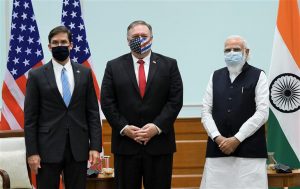
At present there are several issues between US and China including spread of coronavirus, trade imbalance, technology theft by Chinese agents in US, human right violations in Hong Kong and Tibet, atrocities on Muslims especially Uighur Muslims, sale of arms to Taiwan, Chinese expansionist moves towards its smaller neighbours. Tajikistan had to abandon 1,000 sq kms to China, Beijing also occupied few villages of Nepal and usurped whole of Tibet. Sri Lanka surrendered Hambantota port while besides Gwadar port of Pakistan several other areas of the country are also at stake. China also occupied large area of India and also claiming much more. US understands that President Xi Jinping is in hurry to make China a superpower hence threatening its neighbours and occupying their territories.
The third round of 2+2 is important for India as it came when India is involved in standoff with China where the possibility of a war cannot be ruled out. Nonetheless Pompeo made it clear that Trump administration wants to help India by isolating China. The relationship between US and India is strengthening and bilateral defence trade has enhanced to $15 billion in 2019.The Two-plus-two is also important as it is a relationship between two biggest democracies of the world.
Pompeo also met Indian foreign minister at Tokyo early this month during the Quadrilateral Security Dialogue (Quad) meeting which is considered as a counterbalance to China. Initially India was not taking keen interest in Quad as it never wanted to annoy Beijing but as China attacked, India is taking more interest in Quad as it is essential for the security of the country. The fact is that as China’s aggressiveness would enhance, Quad will be strengthened. China’s belligerent activities can be witnessed from Africa to Himalayas as well as in South China sea hence it is imperative that like-minded nations formulate a joint front to fight Communist China which does not respect the sovereignty and integrity of other countries.
India has also invited Australia together with US and Japan to participate in Malabar naval exercise scheduled to be held in November. The invitation to Australia is important as it indicates that regional security should be strengthened by joining more partners.
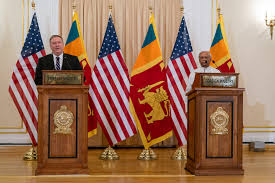
with Pompeo : Courtesy AP
Pompeo went to Sri Lanka from India but before leaving for Colombo he said that US “will stand with the people of India as they confront threats to their sovereignty and to their liberty”. He also mentioned in a press conference that “Our leaders and our citizens see with increasing clarity that the CCP (Chinese Communist Party) is no friend to democracy, rule of law, transparency, freedom of navigation and free and open and prosperous Indo-Pacific.” The joint statement issued on 27 October “denounced the use of terrorist proxies and strongly condemned cross border terrorism in all its forms. They emphasised the need for concerted action against all terrorist networks, including al-Qaeda, ISIS/Daesh, Lashkar-e-Tayyiba (LeT), Jaish-e-Mohammad (JeM) and Hizb-ul-Mujahideen. The Ministers called on Pakistan to take immediate, sustained and irreversible action to ensure that no territory under its control is used for terrorist attacks, and to expeditiously bring to justice the perpetrators and planners of all such attacks, including 26/11 Mumbai, Uri, and Pathankot.”
It was also decided that the virtual meeting of India-US Counter-Narcotics Working Group would be held before the end of 2020. The ministers agreed to augment the cooperation in fighting Covid-19 by developing vaccines, ventilators and other medical equipment.
All the three countries Sri Lanka, Maldives and Indonesia are important to Chinese president Xi Jinping’s dream project Belt and Road Initiative (BRI) under which China would invest in about 70 countries and international organisations. China had high stakes in Sri Lanka as it has already occupied Hambantota port and also constructing a terminal at the Colombo port. Besides this China is involved in several other infrastructure projects in Sri Lanka. Pompeo tried to impress upon Colombo that US works as a partner, as a friend while China works as a “predator”. However Chinese embassy in Sri Lanka criticised Pompeo for his anti-China remarks and mentioned even before the arrival of Pompeo that US is interfering in China-Sri Lanka relations. Gotabaya Rajapaksa Sri Lankan President contradicted Pompeo’s statement and mentioned that China gave vital assistance to Sri Lanka in developing the infrastructure. He also mentioned that Sri Lanka will welcome US assistance but made it clear that China has not laid any debt trap.
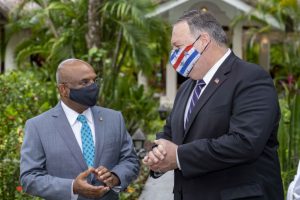
Abdulla Shahid
Courtesy : Foreign Ministry Maldives
In September this year US and Maldives have signed a “framework defence and security agreement”. Pompeo in the current visit stated that China continues with its “threatening behaviour”. He also pronounced about the opening of US embassy in Maldives. In 2013 India averted US-Maldives defence treaty but now in the changed circumstances India also welcomed it. The present president Ibrahim Mohamed Solih who was elected in 2018 is not pro-China although his predecessor Abdullah Yameen was pro-China and anti-India. The extreme Islamic groups oppose close relationship of Maldives with India and US but at present there are cordial relations between India and Maldives.

Pompeo’s with Indonesian President Joko Widodo
After Maldives, Pompeo reached Jakarta, Indonesia which is also the headquarters of the Association of Southeast Asian Nations (ASEAN). China has laid claims on the territories of few ASEAN members too. Pompeo appreciated ASEAN and its members for resisting the expansionist designs of China. Pompeo also met the Joko Widodo President of Indonesia.
Pompeo concluded his anti-China tour by visiting Vietnam in the afternoon of 29 October. Vietnam has dispute with China. In other countries Pompeo remarked that the democratic countries of the world should be united against communist China but in communist Vietnam he mentioned that US is with Vietnam in its fight against China. The overt reason of the visit was to celebrate the 25th anniversary of normalisation of diplomatic relations while the covert reason was that Trump is projecting his rival Joe Biden as weak on China while his administration has adopted a stringent view on China which was behind the spread of coronavirus, involved in human right violations and threatening its small neighbours.
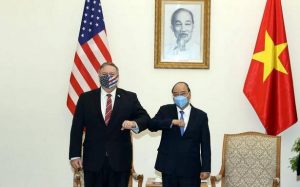
Vietnam’s Foreign Minister Pham Binh Minh. Credit: AFP Photo
The normal American is also concerned about China’s rising economic might as well as its trade surplus with US. There is resentment in US as China is also threatening US superpower status. Hence Trump is trying to convert anti-China sentiments in its favour by adopting tough posture against China. Vietnam is not only strategically located but it has old enmity with China hence it can become an important ally to prevent the rising expansionist designs of China.
On one had the hurricane tour gave a stern message to China and some solace to nations which are facing wrath of Beijing. On the other hand, it may help President Trump in the forthcoming elections. The analysts claim that even if Biden comes to power the current policy would continue after some cosmetic changes only.
(Jai Kumar Verma is a Delhi-based strategic analyst and member of United Services Institute of India and Institute for Defence Studies and Analyses. The views in the article are solely the author’s. He can be contacted at editor.adu@gmail.com)








